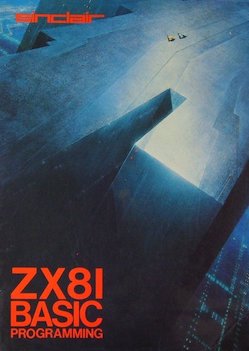Those of us who have hung around the internet for the longest time will remember the breathy enthusiasm of the 1990s. We had skeuomorphism here, there, and everywhere in software design, and it was thrilling: General Magic’s Magic Cap, Macintosh System 7, hypertext, eWorld… oh my goodness. Soon we would all be connected in “virtual towns”! The world would become smaller, people would come together, learn, and solve the big issues! The design of this brave new world reflected all that. What a time to be alive.
Ah, but we should have taken more notice of the flame wars that erupted regularly in the most innocuous Usenet groups, because fast-forward to 2021, and we still have wars over made-up sky faeries, skin colour is still a massive issue, legion of us have to justify vaccination programmes, and the Flat Earth Society is in its seventh decade of existence.
So much for our collective development as a species. As my esteemed colleague Andrew Magerman says:
we humans are more fascinated by scandal and outrage, rather than plain old boring truth.
Andrew Magerman, Digital Privacy is not only a private decision – it affects us all
There is hope though! Almost two years ago, Jamil Zaki wrote the piece, The Technology of Kindness which is worth a skim. The article looks into what makes much of our online experience so nasty, but also establishes how that doesn’t have to hold true always. A couple of the sites positioned in the piece as online communities with heart have gone by the wayside, but Zaki does call out both RareConnect and 7 Cups – empathic, encouraging platforms versus the polarising shit-storm that is social media. There is hope.



